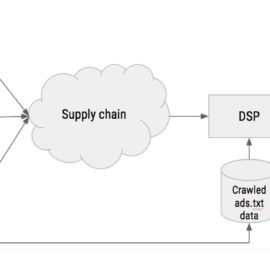
Free Keyword Research Tools & SEO Advantages
Are you a business proprietor, Digital marketer or online content creator?
If so, probably you would like to see more folks to visit your website, read your articles and buy your services or products. right?
Also, The easiest method to accomplish it is to discover what your potential clients or readers are trying to find on Google. Then produce the same content on your site around these topics.
Please note, Every search is an expression of people’s needs, wants, desires and interests. Now, let’s Think regarding your business & How your business would take real advantage of it by following below simple steps.
1. Evaluate search trends on search engines like Google, Bing, etc
2. Discover search terms that are linked to your business domain
3. Customize content material on your site to serve the real needs of your visitors.
Keyword Research
Keyword Research is all about supplement your website’s content material and advertisements with top-performing keywords. it expands your web presence via SERP results. Also, keyword research free tools help further enhance the optimization of SEO.
8 Basic Rules of Keyword Research
1. Gather keywords for SEO and PPC campaigns
Get a set of proven and lucrative keywords that your rivals and niche leaders make use of to get to the top or best positions via SERP results.
2. Determining the worthiness of keywords
Evaluate your keywords to different overall performance indicators, such as for example search volume, cost-per-click (CTC), competition level or Number of search results in SERP.
3. Find keyword variants and search recommendations to increase your semantic core
The combined impact of having high-quality, relevant content that too using the correct keywords will bump your domain. Also, pages go to the top positions in SERP results. Enrich your website content with selected & tested keyword variations to effectively optimize your web pages.
4. Get long-tail keywords
Don’t miss the traffic that you might get from low-volume search queries linked to your product or services. A great deal of potential clients query low-quantity keywords. These keywords are known as long-tail keywords. They drive a substantial amount of visitors on the Web if you can make sure your content is unique & addressing the needs of the audience.
5. Discover international data at no additional expense
Adapt keywords to focus on countries. Keyword research comes in all main languages spoken around the world.
6. Examine your webpages’ relevance in SERP Results
Determine which webpages are most highly relevant to particular search queries. Measure a page’s relevance in comparison to competing webpages. Discover lacking keywords you might like to increase your page.
7. Analyze keyword trends
Get a better view of the keyword’s popularity among its peers. An easy-to-understand graph displays how user curiosity in a keyword often been fluctuating during the last year. Always, Plan your advertisement campaigns relating to seasonality & trends.
8. Discover what webpages are turning up in SERP results for a Selected keyword
Use a free tool available in WWW to see a complete list of SERP Results for a keyword along with additional data such as for example organic keywords, the amount of Facebook shares, and the potential visitors score for every individual page.
Conclusion
Therefore, Keyword research is the first basic step for any internet marketing campaign. And, It is to discover what your market is searching for and what it will require to actually rank in search engines for those keywords. Also, keyword research plays a major role in organic traffic to your blog/website. Also, keyword research free tools help it further.




